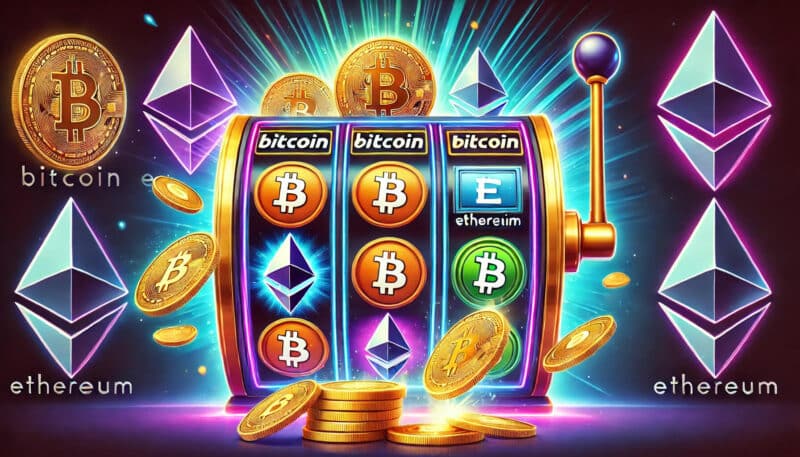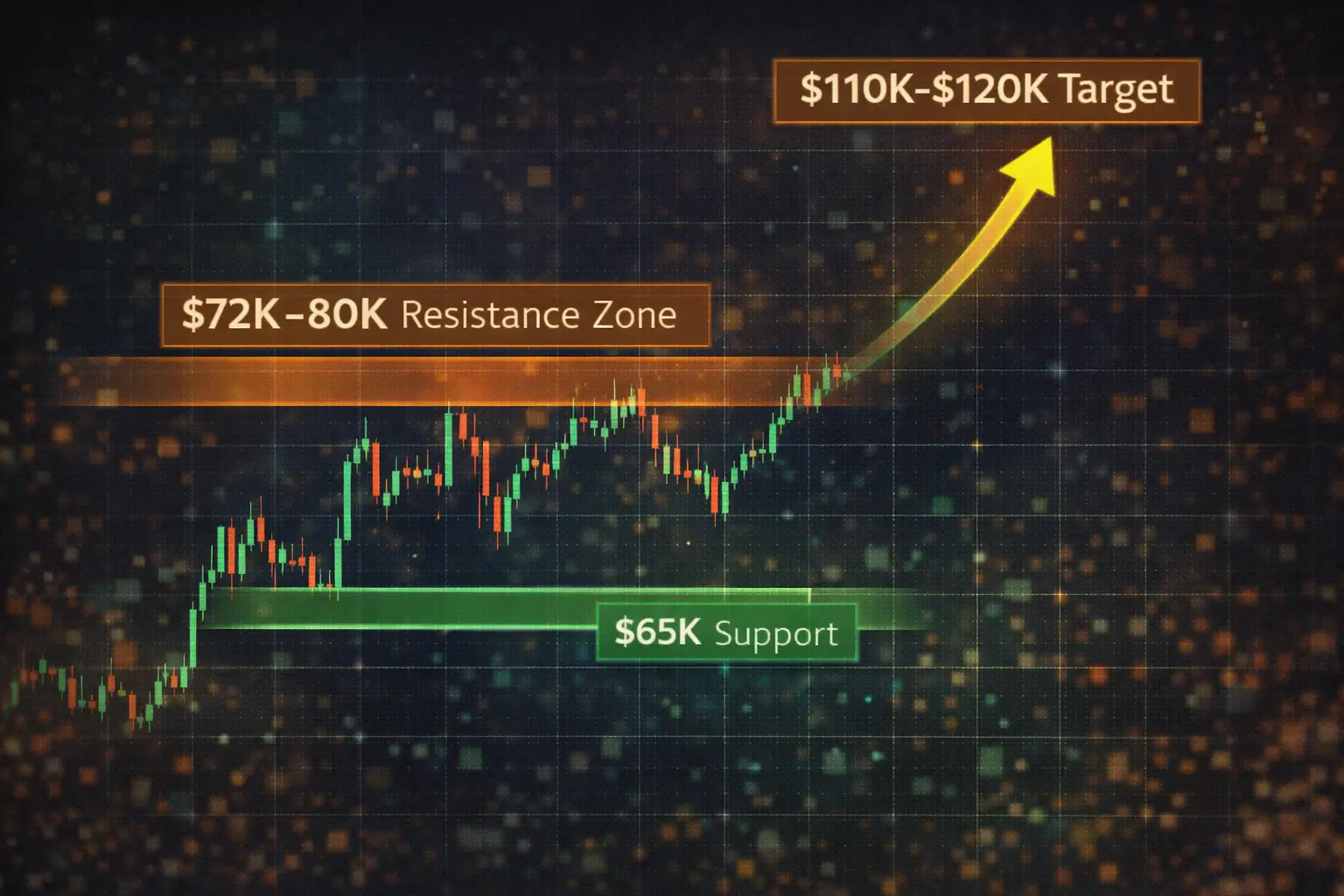The gambling industry has seen tremendous growth over the years, but now a transformative shift is taking place. Decentralized casinos, powered by blockchain technology, are challenging traditional online gambling platforms. With promises of transparency, security, and fairness, decentralized casinos are reshaping the gambling landscape. But how do they stack up against traditional online casinos?
Let’s explore the major differences, the benefits of blockchain technology, and why decentralized casinos are rapidly gaining popularity among modern gamblers.
1. Understanding Traditional Online Casinos
Centralized Control and Operation
Traditional online casinos operate under a centralized model, where a single entity owns and manages the platform. These platforms are responsible for everything, from game mechanics and payouts to managing user funds. While they’ve successfully brought gambling to the digital age, the centralized structure creates issues related to trust, transparency, and security.
For instance:
- Lack of Transparency: Players often rely on the casino’s internal systems to determine game outcomes. Without clear insight into these systems, many question whether the games are rigged in favor of the house.
- Security Risks: Since these casinos hold large amounts of user data and funds, they are frequent targets of cyberattacks. A 2022 report by Comparitech revealed that cyberattacks on gambling platforms increased by 40% compared to the previous year.
- High Operational Costs: Centralized casinos incur significant expenses for licenses, server infrastructure, and marketing, leading to higher fees or reduced payouts for players.
Payment Limitations
Traditional platforms often rely on fiat currencies and payment gateways like credit cards or PayPal. This introduces:
- High Transaction Fees: Banks and payment processors charge fees, cutting into both the casino’s and the player’s profits.
- Withdrawal Delays: It can take several days to process withdrawals, frustrating players.
2. The Rise of Decentralized Casinos
Decentralized casinos leverage blockchain technology to eliminate many of the issues seen in traditional gambling. These platforms operate on smart contracts—self-executing programs that automate processes like payouts, ensuring fairness and transparency.
Transparency and Fairness
The most compelling feature of decentralized casinos is provable fairness. Unlike traditional platforms, blockchain-based casinos allow players to verify the fairness of each game outcome through cryptographic algorithms.
- Provably Fair Gaming: Every game outcome can be traced and verified on the blockchain, removing any doubt about manipulation. This has significantly boosted player trust.
- Transparency in Operations: Blockchain’s public ledger provides full transparency, allowing players to monitor transactions, game mechanics, and even the casino’s financial health.
Security and Anonymity
Decentralized casinos address major security concerns with:
- Immutable Transactions: All transactions are stored on the blockchain, making them tamper-proof.
- No Central Data Storage: Players’ personal data isn’t stored on a single server, reducing the risk of hacks.
- Anonymous Gambling: Blockchain casinos often allow players to gamble anonymously, using wallets instead of personal details.
Cost Efficiency
Blockchain technology reduces operational overhead by eliminating intermediaries like banks and payment processors. Players benefit from:
- Lower Fees: Since transactions occur directly on the blockchain, there are minimal fees.
- Instant Payouts: Smart contracts process payouts instantly once conditions are met, removing delays.
For example, Stake.com, a popular decentralized casino, processes withdrawals in under five minutes compared to the 24–48 hours seen on many traditional platforms.
3. Key Metrics: Comparing Decentralized and Traditional Casinos
Here’s how decentralized casinos outperform traditional ones across critical metrics:
| Metric | Traditional Casinos | Decentralized Casinos |
|---|---|---|
| Transparency | Limited insight into game outcomes | Full visibility via blockchain |
| Security | Vulnerable to hacks | Immutable blockchain records |
| Payout Speed | 1–5 days | Instant |
| Fairness | Trust-based system | Provably fair algorithms |
| Fees | High due to intermediaries | Minimal blockchain fees |
| Anonymity | Requires personal details | Wallet-based transactions |
4. Challenges of Decentralized Casinos
Despite their advantages, decentralized casinos face challenges:
- Regulatory Uncertainty: Many jurisdictions haven’t established clear laws for blockchain-based gambling, creating potential legal hurdles.
- User Adoption: While decentralized casinos are growing, they still attract fewer users than traditional platforms due to the complexity of blockchain wallets and tokens.
- Smart Contract Risks: Bugs in smart contracts could lead to vulnerabilities, as seen in several DeFi platform hacks.
These challenges highlight the need for further development and education to bridge the gap between decentralized casinos and traditional users.

5. The Future of Gambling: Why Decentralized Casinos Are Gaining Ground
The shift from traditional to decentralized casinos reflects a broader trend of embracing blockchain technology in various industries. Players increasingly value transparency, security, and lower costs, all of which decentralized casinos provide.
Rising Popularity of Crypto Casinos
Platforms like BC.Game and Stake.com are leading the charge in decentralized gambling. According to DappRadar, crypto casinos saw a 22% increase in active users in 2023, driven by the adoption of cryptocurrencies like Bitcoin, Ethereum, and Solana.
Integration of NFTs and Web3
The future of decentralized casinos includes NFT-based gaming assets and Web3 integration, offering new ways for players to engage with the platform. These innovations could further differentiate decentralized casinos from their traditional counterparts, creating a more immersive and rewarding experience.
Conclusion: The Shift Is Underway
While traditional online casinos have dominated the gambling landscape for years, decentralized casinos are rapidly emerging as a compelling alternative. By leveraging blockchain technology, decentralized casinos offer unmatched transparency, security, and cost efficiency.
As blockchain adoption continues to grow, the gambling industry is likely to see a significant shift toward decentralized solutions. For players, this means better experiences, greater trust, and the opportunity to engage with the future of gaming.
Stay Updated
For the latest updates on casino promotions, crypto gaming trends, and more, follow us on:
Stay informed with the latest strategies in crypto gaming at FreeCoins24.io.
Discover the best crypto casinos and explore detailed reviews of top platforms in the world of blockchain gaming. Whether you’re into slots, live games, or sports betting, our comprehensive crypto casino reviews, provide everything you need to know. Compare features, bonuses, and payment options to find the perfect platform for your gaming needs. Stay ahead in the world of crypto gaming with our expertly curated insights!
















